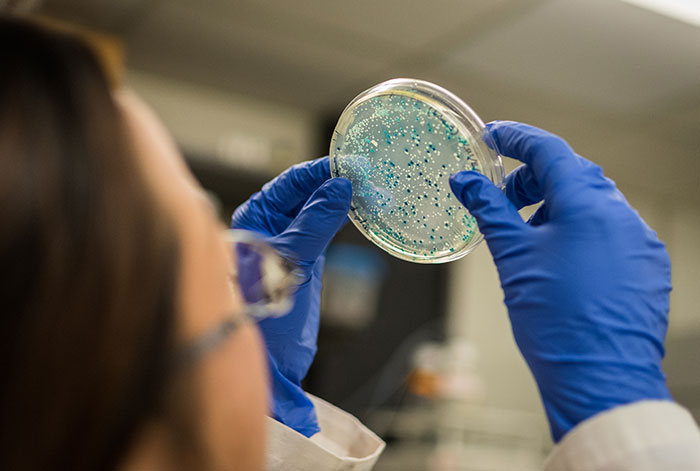In the world of medical science, it seems as though researchers from different schools of thought find it hard to agree with one another. But when it comes to gut health, the consensus is pretty clear: the microbes in our guts are vital to our overall health.
The microbiome is a colony of microbes that inhabit your digestive tract; although, most of the microbes like to make a cozy home inside your colon. However, these microbes (some of which are healthy, and some of which can cause a lot of damage) is in constant competition to be the top dog.

So, seeing that this fight to the finish is all happening inside your body, it’s your job to help the good microbes out.
In the case of type 2 diabetes, the bad bugs have most likely run amok, and you’ll need to rebalance your gut health if you’re going to regain control over your health.
1. Brains and Guts
No, it’s not the name of a cheesy zombie flick. Healthy gut bugs will actually help your brain function. Good microbes help generate neurotransmitters like serotonin and GABA, which regulate your brain health and keep it healthy. They’ll also work wonders of BDNF, a growth hormone responsible for generating new brain cells. This is all well enough, but people with diabetes might have to work a little harder to boost brain power, seeing as though their healthy microbes have been overrun by the bad guys. The bad bugs produce inflammatory molecules such as lipopolysaccharides. These weapons wreak havoc on your gut and increase overall damage throughout your body and may even play a role in diabetes-related depression and anxiety.
2. Don’t Be So Sensitive...
When individuals with diabetes have a gut flora imbalance, they typically experience a poor fat metabolism and weight gain. Diabetics have gut microbes that can pull in more calories from consumed food, which throws their weight regulation out of whack. Researchers have found that when implanted with gut flora from thinner individuals, diabetics struggling with obesity experienced improved insulin sensitivity, and this reaction came with an extra perk: weight loss. The improvement in insulin sensitivity is most likely due to the improvements made to inflammation and the fat metabolism, but the changes in the brain’s insulin response is also a contributing factor.
3. Soothing inflammation

Insulin resistance has been pinpointed as step number one in diabetes development, and toxic microbes can lead to excess inflammation.
This, in turn, can destroy the cells’ insulin receptors and give you high blood sugar. In order to remedy diabetes progression, we need to reduce inflammation. And where do we start? The gut! Once you can restore the balance of a healthy gut, you’ll have a better chance at regulating your blood sugar and insulin.
Get Started Now
In restoring optimal gut health, I definitely recommend that you talk to a functional medicine practitioner who can pinpoint exactly what you need to restore and how.
Every person has unique needs, so it’s important to take one-size-fits-all advice with a grain of salt.
That being said, talk to your functional medicine provider about taking probiotics, eating a high-fiber and whole food diet, and avoiding sugar. At our clinic, we use cutting-edge research to uncover your specific imbalance and work to create a treatment plan designed specifically for you so that you can regain total control over your health and feel like yourself again.